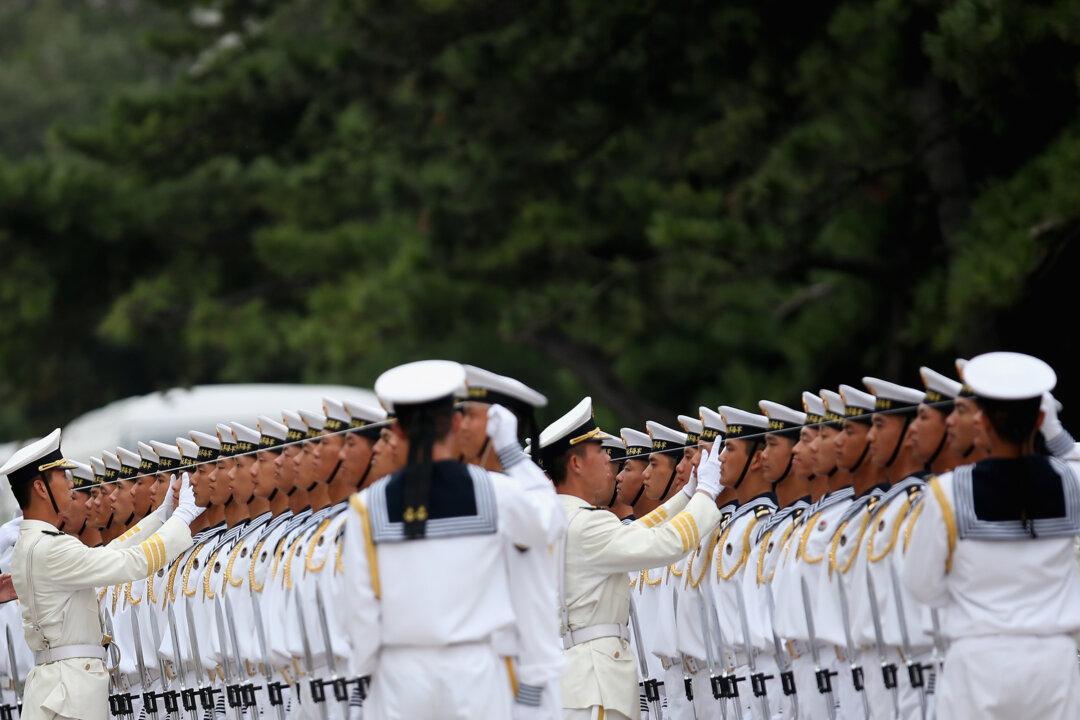China has appointed former navy chief, Adm. Dong Jun, as its new defense minister, state media reported, capping months-long speculation about the replacement of the military’s top diplomat amid instability in the regime’s top ranks.
On Friday, delegates of China’s rubber-stamp legislature approved Adm. Dong’s appointment, according to state media Xinhua.




